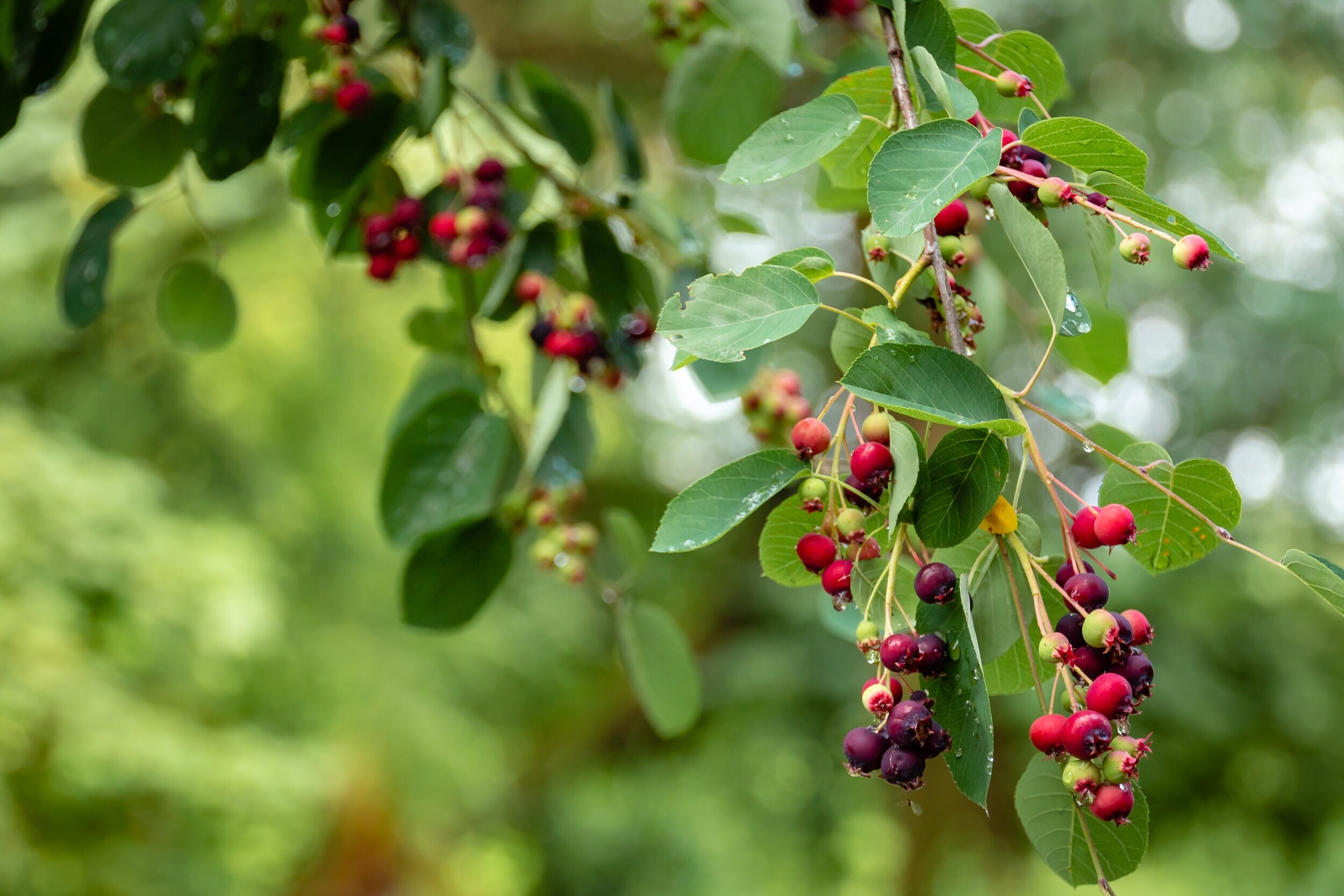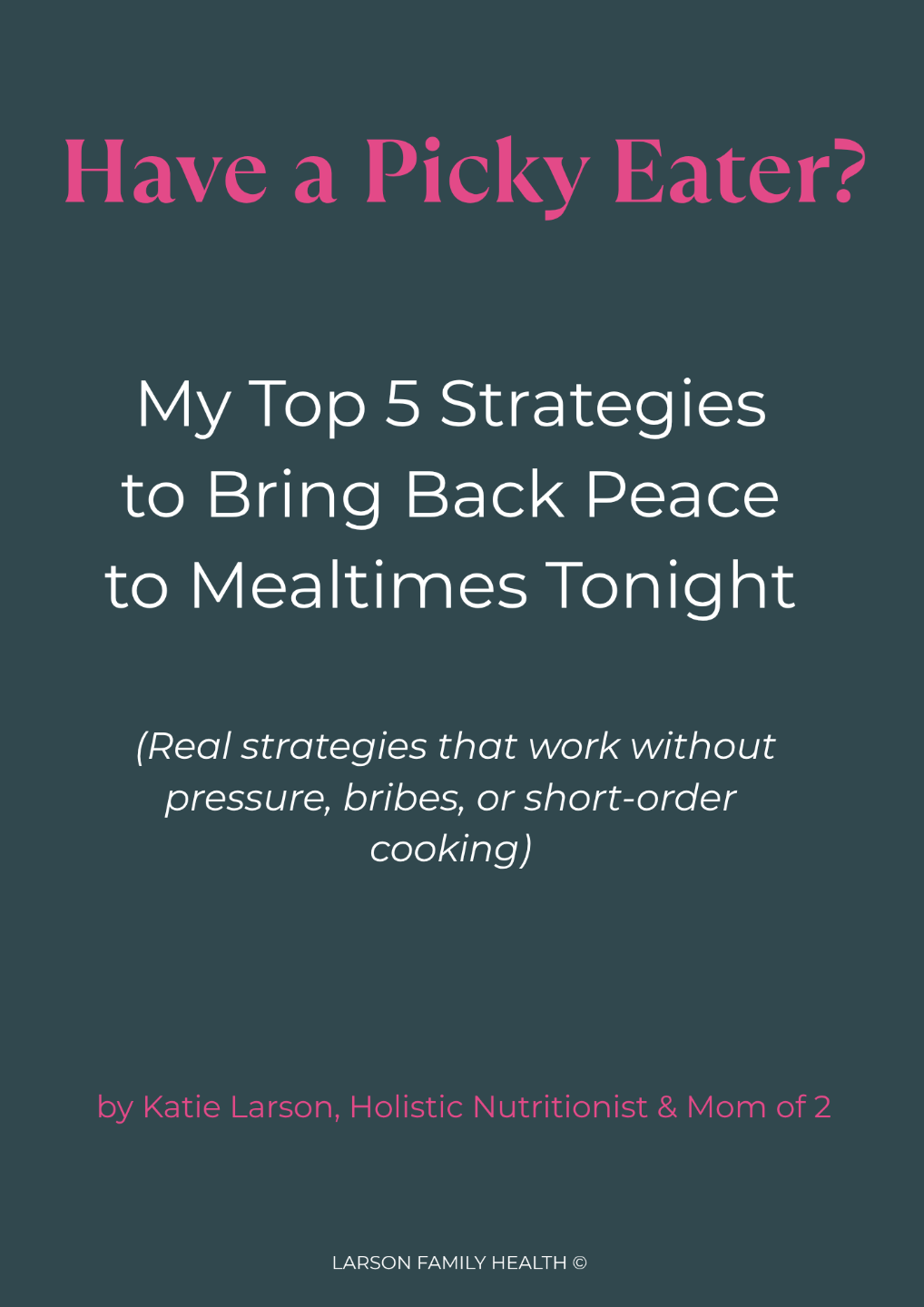
Elderberry—is it all it’s cracked up to be
Sep 21, 2020Ah, fall. The cooler weather, cozy sweaters, and pumpkin lattes all signal the change in season. As the temperatures drop, our time inside increases, and it becomes important to take stock of the state of our immune system.
Did you know that it is not viruses and germs that make us sick? Read that again. What makes us sick is the inability of our body, ultimately our immune system, to manage and destroy the viral or bacterial invaders. Our body is incredibly gifted and prepared to handle an extraordinary load of threats to our immune system through innate and adaptive mechanisms. It has a multi-tiered system beginning with our skin and nasal cavity that act as a first-line defense. Our skin, as mundane as it seems, has its own biome and immunity capacity to protect you from foreign invaders infiltrating you through your porous outer covering.
If said invader makes it through your skin or nasal passageway, the immune system starts into overdrive. The tonsils play a very important role in trapping any particles that make it through the nose or mouth in order to prevent passage further into the body. And as soon as the body detects that particles have made it past this gateway, it triggers activation of the internal innate immune system, the secondary line of defense.
Ok, ok, I know, you are reading this because you are curious about elderberry! I’m getting there, stick with me! Understanding the immune system makes the job of the elderberry all that more fascinating!
The internal defenses of the innate immune system launch a host of different cells to defend the body. You may remember some of these guys from high school science class: phagocytes, natural killer cells, antimicrobial proteins, macrophages, mast cells, white blood cells, dozens of chemicals that kill pathogens and repair tissues, and fever (yes—fevers are good!). These defenses are the foundation of the immune system that we are born with (hence the term ‘innate’). The elderberry, knowns also as Sambucus nigra L., supports the antimicrobial and antiviral functions of this immune system.
We also have a secondary immune system called the adaptive immune system. This system is strengthened as it is exposed to pathogens. Cytokines are a critical part of this system and include interferons and interleukins, which are key to dismantling the viral attack on the body. They also promote T-cell proliferation which are also key players in identifying viruses and eliminating them. The elderberry has been shown to increase the production of specific cytokines, which in turn fends off any viral loads that have managed to escape the innate immune system.
The research
The research that has been done on this small but mighty berry is impressive. A double-blind placebo study found that patients who received 15 ml of elderberry four times a day for 5 days had their cold and flu symptoms relieved on average 4 days earlier and the use of rescue medication was significantly less in those receiving elderberry extract compared with placebo.
This meta-analysis quantified the effects of elderberry supplementation and evaluated moderators including vaccination status and the underlying pathology of illness. Supplementation with elderberry was found to substantially reduce upper respiratory symptoms and yielded a large mean effect size. This means that the findings support the use of elderberry as an alternative to antibiotic misuse for upper respiratory symptoms caused by viral infections, and offer it as a potentially safer alternative to prescription drugs for routine cases of the common cold and influenza.
This study from 2011 found for the first time that a standardized elderberry liquid extract possesses antimicrobial activity against both Gram-positive bacteria of Streptococcus pyogenes and group C and G Streptococci, and the Gram-negative bacterium Branhamella catarrhalis in liquid cultures. The liquid extract also displays an inhibitory effect on the propagation of human pathogenic influenza viruses. That’s fancy talk for it fights off some of really bad guys that result in strep infections.
I could go on and on, literally. There are dozens upon dozens of studies indicating that the elderberry supports and enhances the function of the immune system in protecting you from illness. Plus, it’s really yummy, especially if you buy locally.
Precautions
Because the elderberry enhances the job of the immune system, if you have an autoimmune disease and therefore parts of your immune system is overactive. This doesn’t mean you can’t use it, but it does mean that you need to trial consumption of it for a short time to ensure it doesn’t cause aggravation or flare up of your autoimmune disease. As always, we recommend that you consult with your doctor.
How to take it
The typical recommendation for elderberry syrup is 1 tbsp/day as a preventative during fall months, increasing to 1 tbsp up to 3x/day if you aren’t feeling well or if you’ve been around someone who has been sick. For children, they can take 1tsp/day as a preventative, increasing to 3x/day if they aren’t feeling well.
It’s important when deciding on which brand to take (or if you decide to make your own), to carefully look at the ingredients. Many of the store-bought products are full of processed sugar and preservatives, which truly defeats the purpose since both of those things have been shown to hamper the immune system.
Katie’s Healthy Home (the brand of Larson Family Health) has a delicious syrup available for purchase! We process ours with organic ingredients and raw, local honey. It’s well-loved by kids and adults alike! We know you’ll love it.
Become part of our newsletter community where you'll find inspiration, motivation, and helpful tips so you and your family can thrive!
We hate SPAM. We will never sell your information, for any reason.





